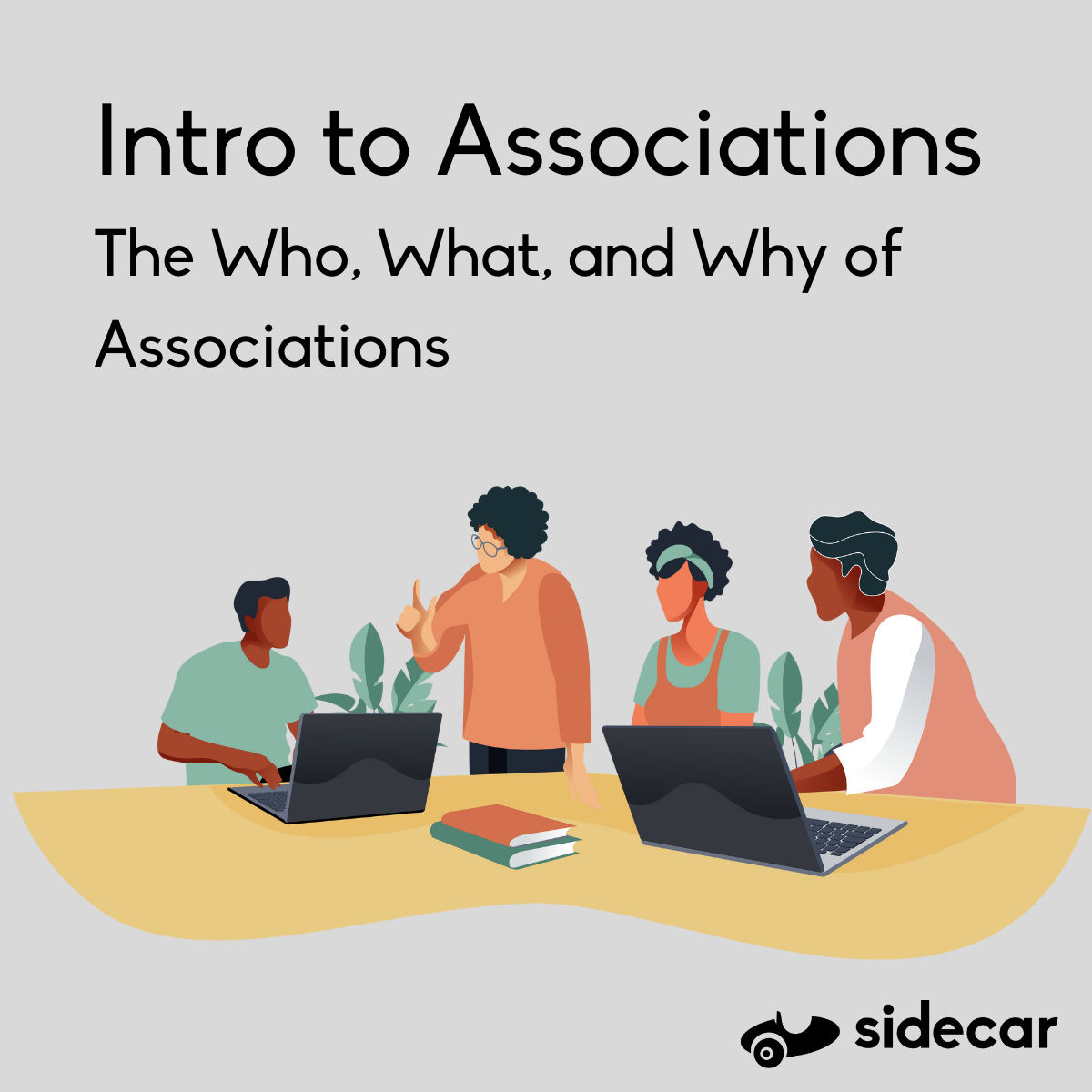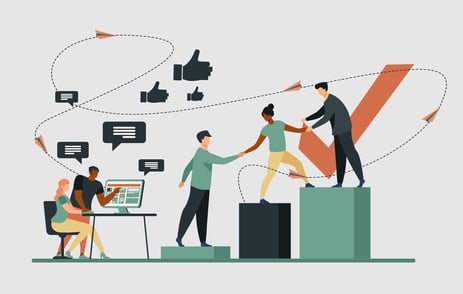As purpose-driven organizations, the goal of an association is to improve the lives of its members and the industries they serve. While this often happens through education and resources, it can also be done on a much larger scale. For association newcomers, there’s a lot to learn about how your new organization works and what kind of impact you may be making.
One thing you may not have known is that your association can also affect policy on a local, state or national level. Here’s everything you need to know.
How Do Nonprofits Impact Policy?
The dynamic between nonprofits and the public sector, including the government, often focuses on funding. While nonprofits may rely on contracts and grants from the government to help operate, the government, in turn, depends on nonprofits to help with community outreach programs, advocacy for constituents and even education and training.
However, depending on the type of association you join, your organization may have a much more significant impact than that. Some of the ways associations impact policy include:
- Lobbying – While IRS regulations prevent nonprofits from getting involved with any political campaigns, these organizations are allowed to allocate resources to lobbying. This can include activities like urging the public to contact policymakers or advocating for specific legislation.
- Standards – Standards organizations develop, revise and implement technical standards for a specific industry. In turn, these standards can be used to establish policy, defend organizations and enact sweeping changes in sectors like banking, medical, oil and gas and technology.
- Expertise – One of the ways associations impact policy is through their expertise. The American Nurses Association, as an example, leverages members' expertise while “developing critical analysis that represents the thinking of ANA. This serves as a guide for the organization in its internal policy decisions, as well as influencing the external policy world with nursing's valuable input.”
- Advocacy – According to the National Council on Aging, “Advocacy is the process of stakeholders making their voices heard on issues that affect their lives and the lives of others at the local, state, and national level.” In other words, understanding the needs of your members and then relaying them to policymakers.
For some nonprofit organizations, their impact on policy can also take a more passive approach. For example, the National Council of Nonprofits publishes its Public Policy Agenda as a tool for organizations on state and national levels. The agenda outlines policy changes impacting things like tax policies and job creation, giving association boards the tools they need to mobilize more effectively.
What is a Standards Association?
In the nonprofit world, there is an association for literally everything, and they all have their purpose – from education to community building. However, there are some organizations whose only purpose is standardization.
These standards are based on factors like quality, compatibility with existing technology, safety specifications and costs. While some of these organizations exist on a national level, many of the oldest, including the International Organization for Standardization (ISO) and the International Electrotechnical Commission (IEC), set standards that allow development and integration on a global scale.
Associations and Lobbying
Whether your organization is a 501(c)(3) or 501(c)(4) – lobbying can be a tool used to influence policy in your industry. However, your organization should always ensure you’re adhering to set IRS standards. As an example, “federal law prohibits (c)(3) charitable organizations from spending a ‘substantial part’ of their time and budget on lobbying.”
How is Lobbying Done?
As mentioned above, associations can leverage members to contact policymakers and provide information on new laws and policies that can impact their roles or industries. However, associations can also take an active approach to lobbying with a few methods:
- Direct – When an organization attempts to influence policy by directly contacting and working with those who would have a say in the legislation itself.
- Grassroots – When an organization attempts to influence policy by leveraging its members. For example, informing members about the changes being made and the impact they will have on their industry and then allowing them to take action.
In both cases, associations can easily allocate funds, marketing resources and staff to interact with members or policymakers.
How To Get Involved
While there are plenty of association career opportunities to explore, for those interested in taking a direct role with policy impact, there are likely two avenues.
The first is associations and organizations focused on lobbying and setting the ethics and standards for those practices, including organizations like the National Association of State Lobbyists and the National Institute for Lobbying & Ethics.
The second is within an association’s public relations or legislative departments. ASAE reports that “Top Government/Lobbying Positions” have a median salary of $144,000, and “Legislative Assistants” earn around $58,000.
Does Your Role Make an Impact?
In short, yes. Whether you’re directly involved with lobbying and standards or work as an advocate for your members and the people they serve, your role as an association professional has an impact on public policy. Not only does this influence the decisions you make in your role, but also the way you choose to interact with members, as they can be one of your most vital tools when enacting change.

Intro to Associations
As purpose-driven organizations, the goal of an association is to improve the lives of its members and the industries they serve. While this often happens through education and resources, it...
Download Now

July 26, 2022


